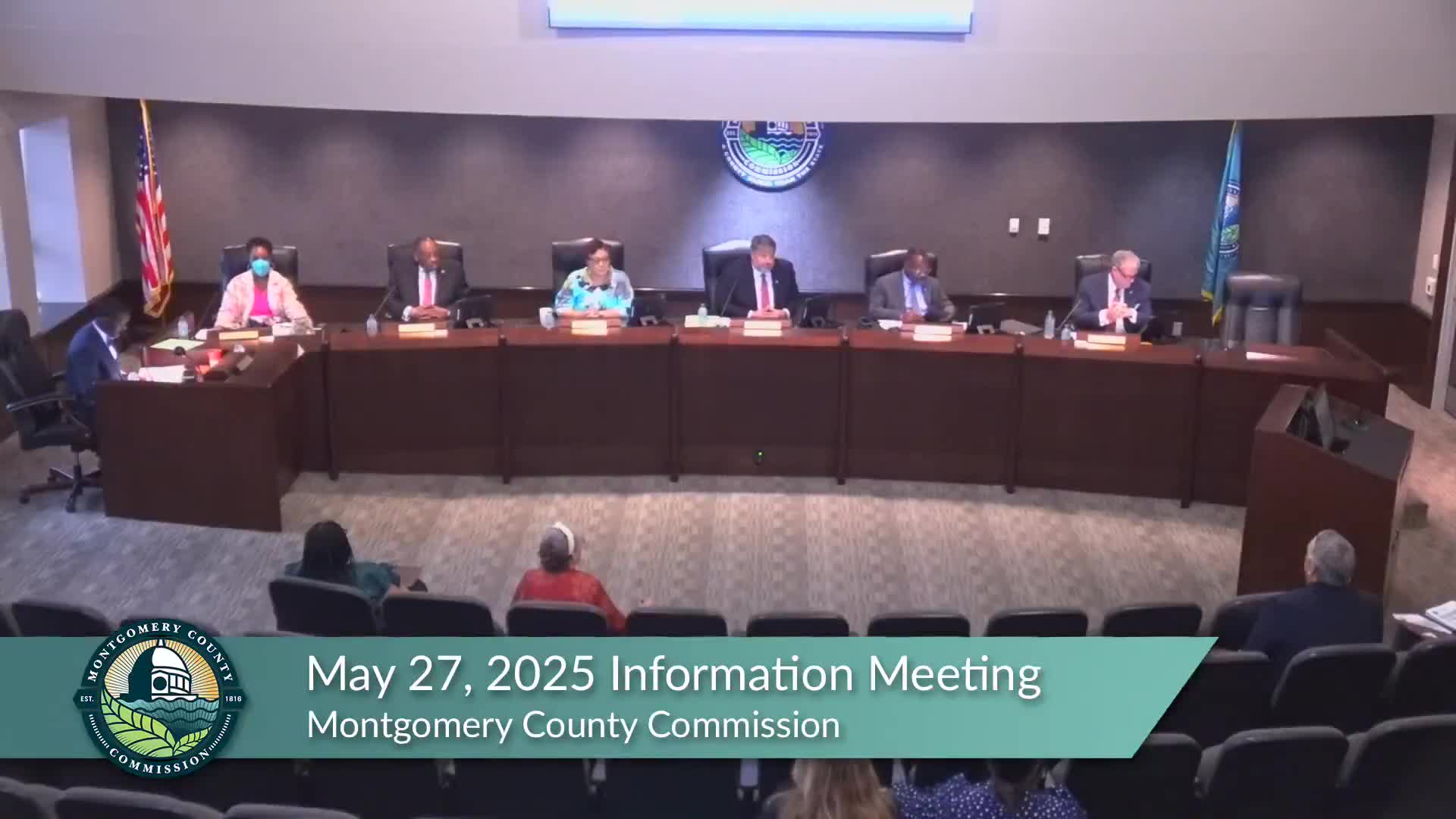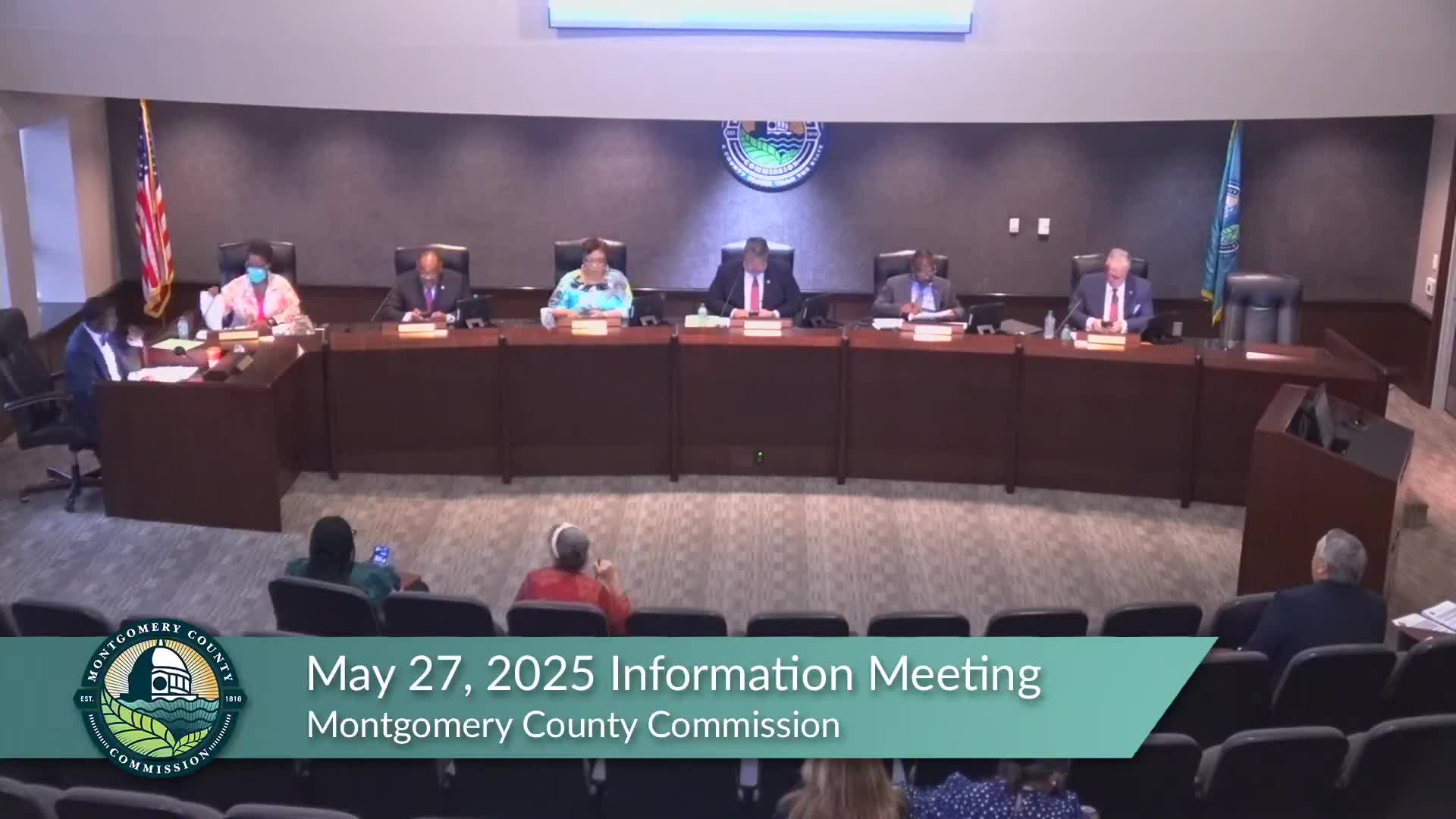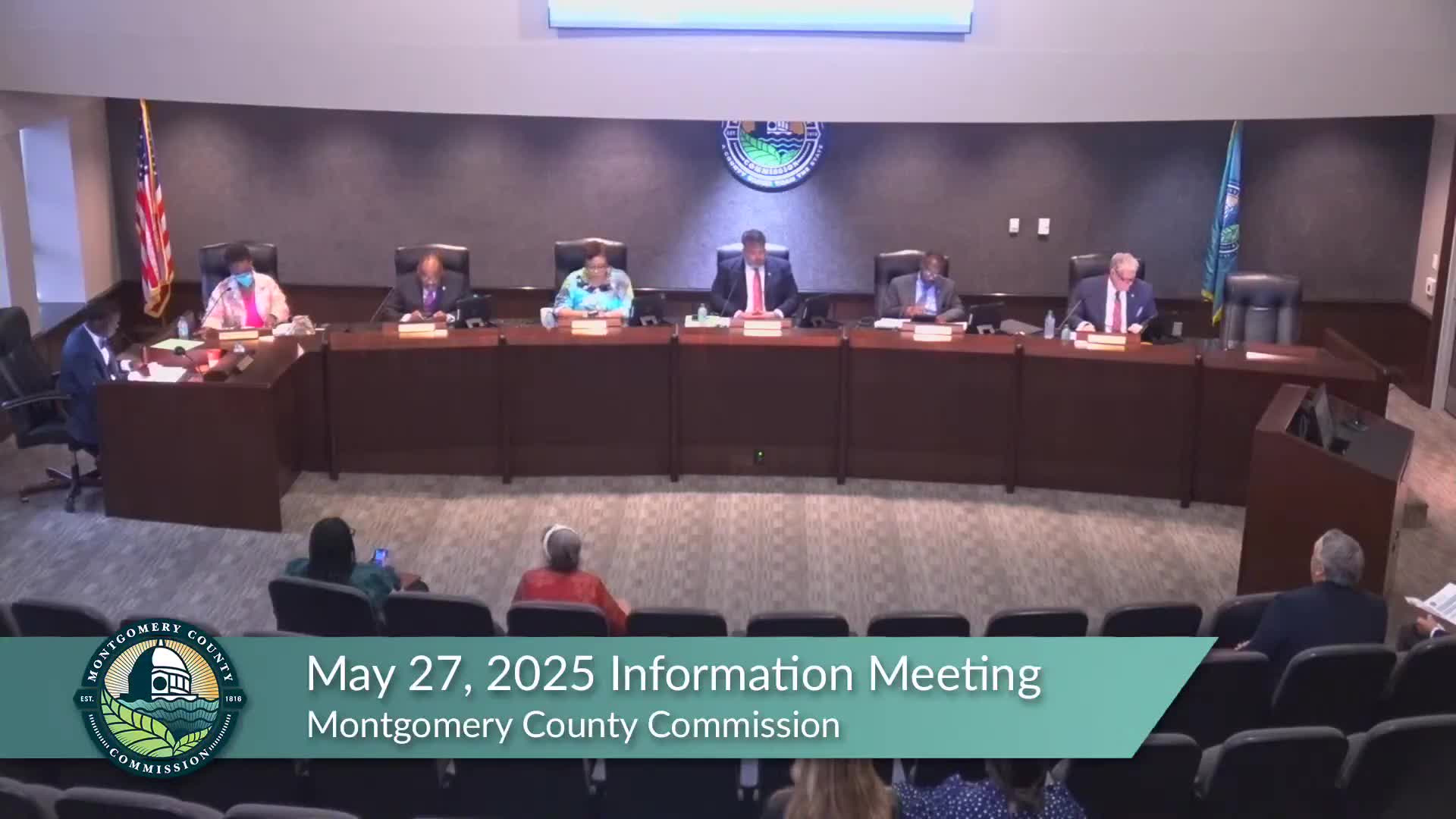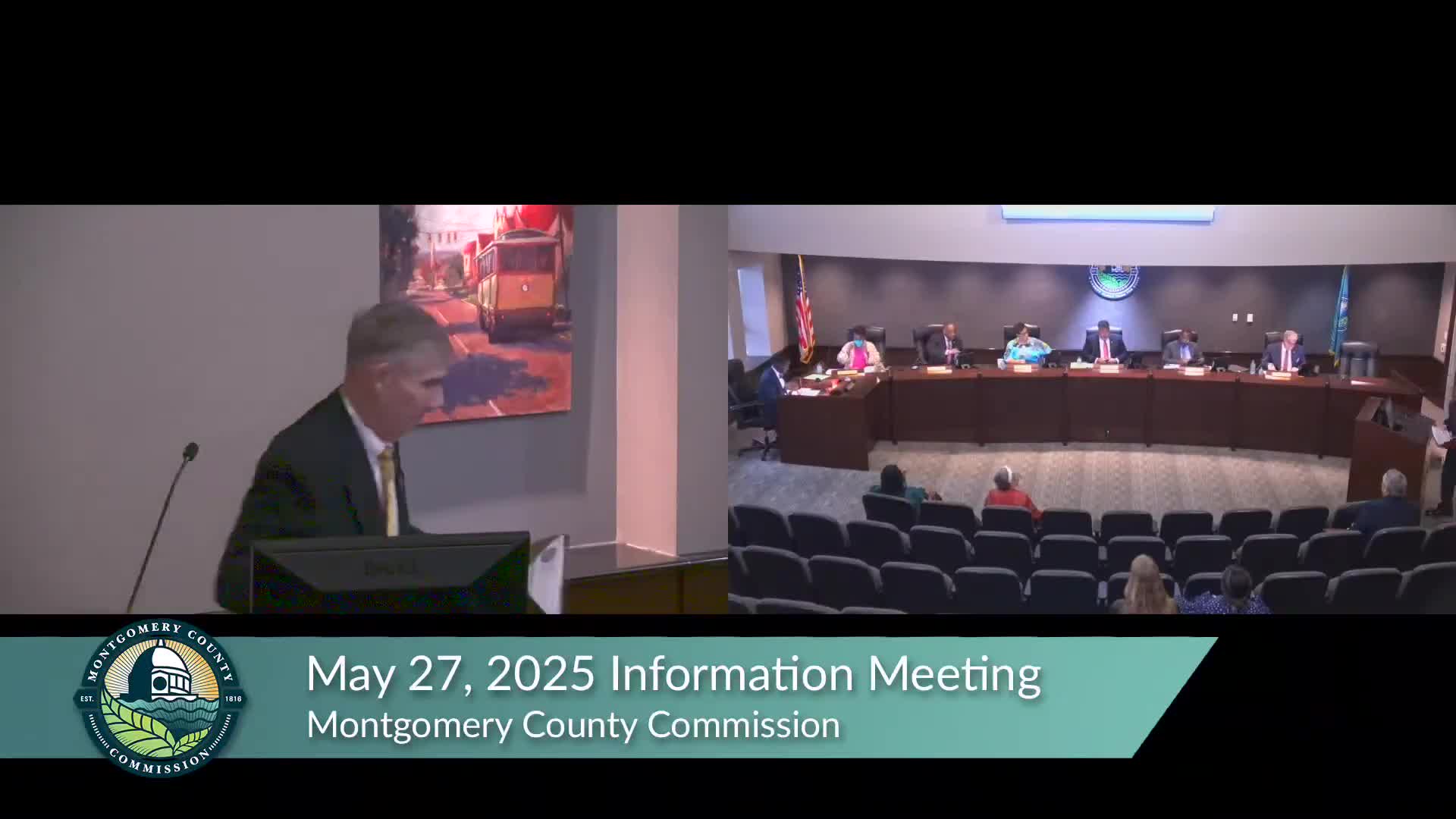Article not found
This article is no longer available. But don't worry—we've gathered other articles that discuss the same topic.

Montgomery County officials discuss leasing and renovating former retail space for Probate East

Commission waives rules to approve final payment for food tray project at detention facility

County staff recommends approval of Oak Hills Plat No. 1, 12 large residential lots near Moore Road

